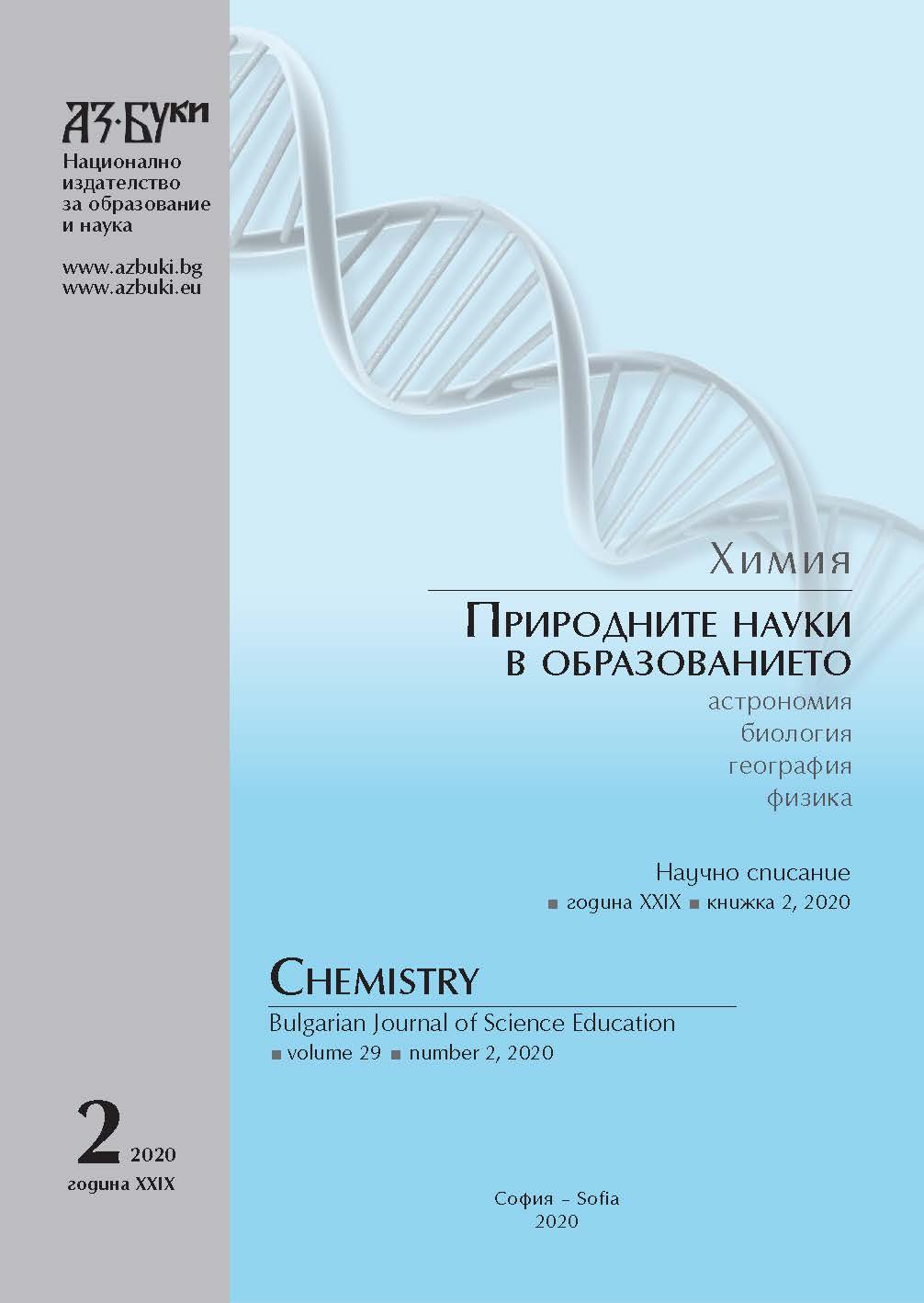Рефлексивният подход и разбиранията на учениците за естеството на науката в обучението по биология X – XI клас
The Reflective Approach and Students’ Understandings about the Nature of Science in 10th – 11th Grade Biology Education
Author(s): Teodora Kolarova, Ivaylo Lalkov, Mimya Dokova-KoldanovaSubject(s): Social Sciences, Education, School education, Vocational Education, Adult Education, Higher Education , State/Government and Education, Inclusive Education / Inclusion
Published by: Национално издателство за образование и наука „Аз-буки“
Keywords: nature of science; understanding of nature of science; reflective approach; biology education
Summary/Abstract: This study investigated the influence of the explicit reflective-based approach on students’ understandings about the nature of science(NOS) in the context of 10th – 11th grade biology education. An instructional model was proposed on the ground of two major ideas:(1) teaching through explicit references to or discussion of NOS aspects (“tentativeness”, “empirical basis”, “scientific method”, “theories/laws distinctions”, „creativity and imagination”, “socio-cultural influences”, „subjectivity”); (2) encouragement of students’ reflection on their own epistemological beliefs as they participated in resolving and discussing of socio-scientific issues, situated in a learning environment. The study was conducted with 24 high school students, who were taught using the instructional model, based on explicit reflective approach, for a period of 15 academic weeks. “Viewson Nature of Science Questionnaire-Form C”, translated in Bulgarian, and follow-up semi-structured interview were used for identifying students’ target NOS views.The responses to the questions were grouped into three categories, articulated different NOS understandings: positivist, constructivist and intermediate. According to the data, the majority of students (≥ 50%) held positive views of 4 aspects of cientific knowledge (“empirical basis”, “socio-cultural influences”, “subjectivity“ and “theories/laws distinctions”) before the intervention, while only 5 learners had constructivist views on the “tentativeness” and the role of „creativity and imagination” in the science. The results of the whole study indicated that applying an explicit reflective approach significantly reduced students’ positivist understandings and encouraged their change towards intermediate and constructivist views of the nature of science.
Journal: Химия. Природните науки в образованието
- Issue Year: 29/2020
- Issue No: 2
- Page Range: 155-185
- Page Count: 31
- Language: Bulgarian
- Content File-PDF

